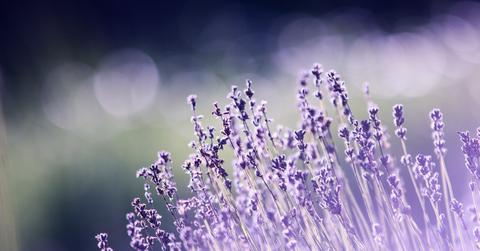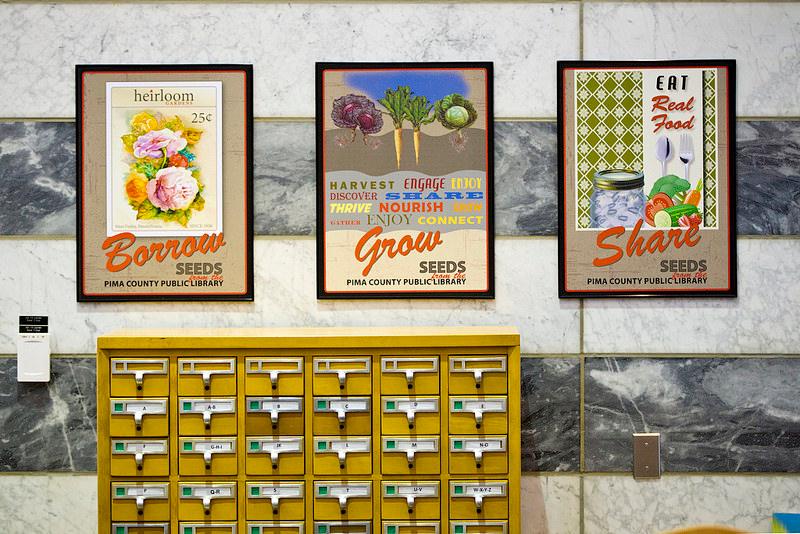Public Libraries Are Giving Out Seeds In The Name Of Sustainability
Hundreds of public libraries across the country are handing out free seeds to help maintain biodiversity—and community.
Updated May 22 2019, 9:49 a.m. ET
While library collections aren't always known for branching far beyond typical literary matter, a different kind of learning material is cropping up next to the books and DVDs at hundreds of public libraries across the country: seeds. In an effort to "expand access to crops and educate the public, while also protecting scarce agricultural resources," according to Atlas Obscura, public libraries are offering free flower and vegetable seeds to library card-holders.
The initiative started in 2010 when Rebecca Newburn, co-founder of the Richmond Grows Seed Lending Library in Richmond, California, helped introduce the concept to her local library. Just a few other libraries around the country had such a program then, but in 2011, Newburn put the framework for the program online so others could get involved. She also created the Seed Library Social Network to connect the programs and share tips. Now, there are around 500 seed lending programs in public libraries.
The main goal of the seed exchange is to educate the public about the "unique plants and specific needs of the region," according to Atlas Obscura, "be it high-altitude, humid, urban, or rural." But it's also a way to protect scarce agricultural resources and put the power of sustainable farming back into the hands of the public instead of large corporations.
“It’s great if we have all this sustainability, but unless we have access to seeds, all the other aspects of sustainable agriculture really don’t mean anything,” Newburn told Atlas Obscura.
That's because as plant species evolve, each new generation develops adaptations to the differing environmental conditions, which creates biodiversity among plant species, which is necessary for keeping these species healthy. When large corporations control food production (as they do now), that biodiversity can disappear, resulting in homogenized strains that are more susceptible to disease and environmental degradation, which is made all the worse by climate change.
“I don’t see us as competing against large industrial seed producers, we just want to make sure that biodiversity is still available to people,” Joy Hought, executive director of Tucson-based seed preservation nonprofit, Native Seeds/SEARCH, told Atlas Obscura.
The seed-sharing program is also a way to bolster another dying breed: the libraries themselves. Phoenix Public Library spokesperson Lee Franklin told Atlas Obscura that expanding access to home-grown food and educating the public about ecology and history through seed distribution is in alignment with the library’s mission to build community and foster lifelong learning.
“[Seeds are] cultural documents of what we have saved and found valuable in terms of taste and community,” Newburn said. “When we take the seeds home and plant them and return them we’re actually adding another chapter.”

